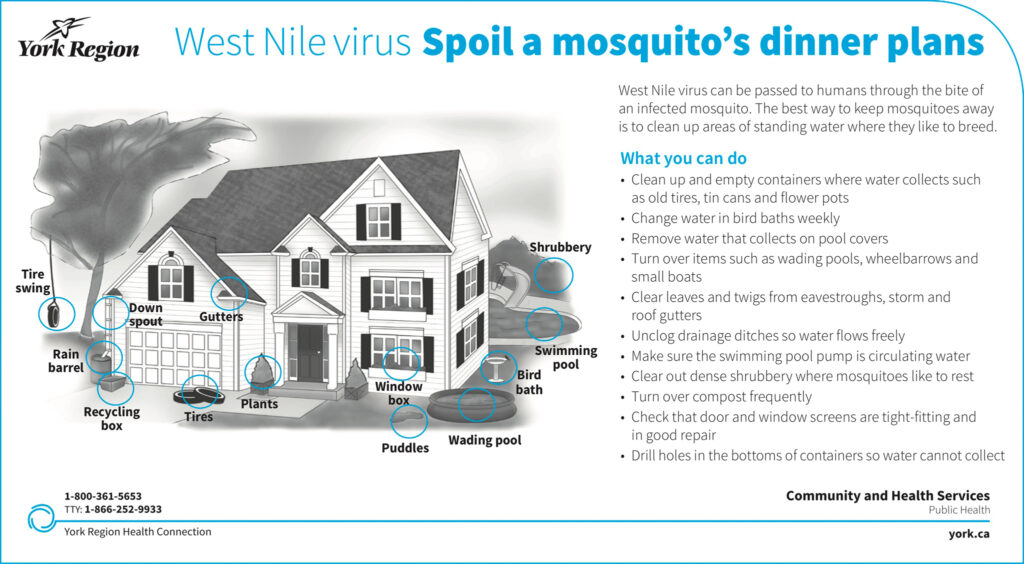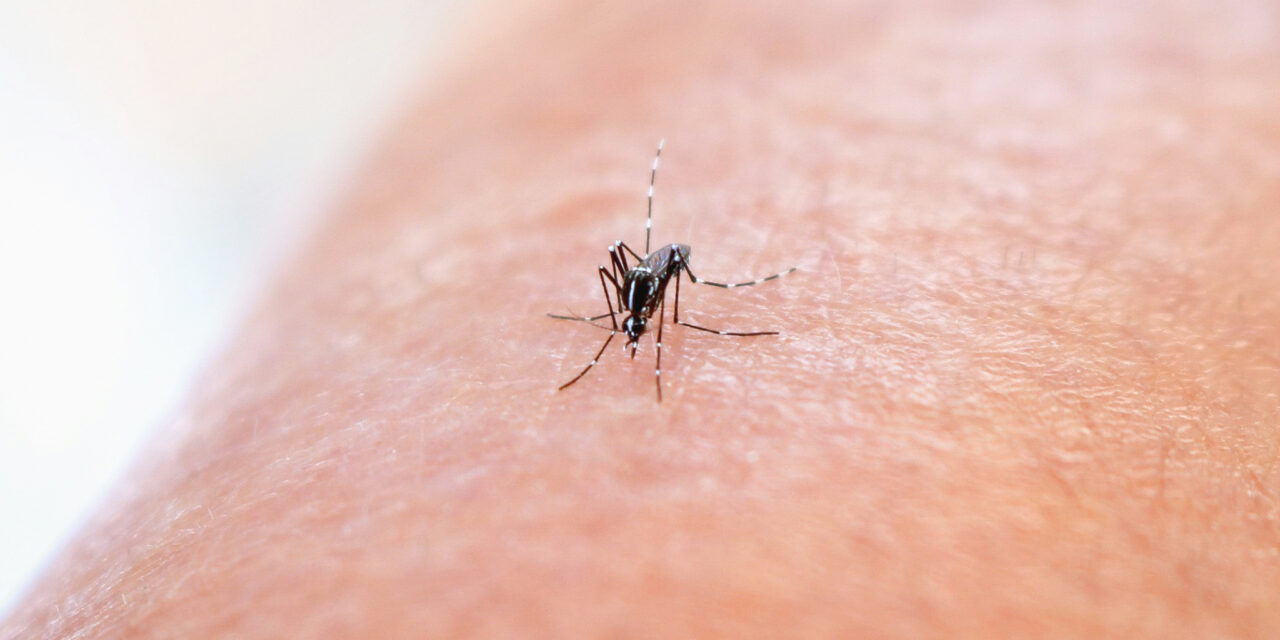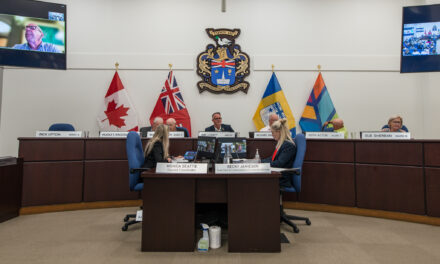- Two mosquito traps in York Region have tested positive for West Nile virus:
- One at Kennedy Road and 16th Avenue in Markham
- Another at Jane Street and Highway 7 in Vaughan
- While the majority of those infected will not become ill, West Nile virus can lead to “flu-like symptoms or severe illness,” the Region explains.
- York Region Public Health recommends the use of insect repellent containing DEET or icaridin and long-sleeved clothing to prevent mosquito bites.
- They are also asking residents to reduce any standing water on their property to limit the insects’ breeding grounds.
- Mosquitoes acquire West Nile when feeding on infected animals and can later transmit it to humans via their saliva.
- Additional information, including up-to-date testing data, can be found on York Region’s website.
Between June and October, York Region conducts weekly checks of up to 40 mosquito traps. In 2023, 13 tests found mosquitoes infected with West Nile. Seven York Region residents have tested positive for the virus over the last five years.
Symptoms can include fever, headaches, body aches, fatigue, and confusion. However, according to the World Health Organization (WHO), approximately 80% of those infected will not show symptoms.
WHO estimates that one in 150 people infected with West Nile will develop a more serious neuroinvasive form of the disease. This can lead to coma, tremors, and paralysis.
To help control the mosquito population and viral spread, York Region Public Health adds larvicides such as bacillus thuringiensis israelensis to stagnant water sources on public lands. They also operate a control plan throughout the summer which aims to reduce standing water.
“Water that sits still for more than seven days creates an ideal breeding ground for mosquitoes, especially between June and late August,” York Region Public Health notes. “It is important to clean standing water from all areas around your home.”
Community members are advised to check any outdoor containers for standing water, including flower pots, gutters, and wheelbarrows. Water in birdbaths should be changed regularly, screens should be applied to any openings on rain barrels, and circulation systems in pools and ponds should be maintained.
York Region also offers free larvicide treatment of catch basins on private property. Residents interested in the service can call Health Connection at (800) 361-5653 or submit their request and contact information to the Health Inspector’s office via email.
Standing water on public and private property can also be reported by calling Health Connection at the number above.
Cover image courtesy of the National Institute of Allergy and Infectious Diseases






